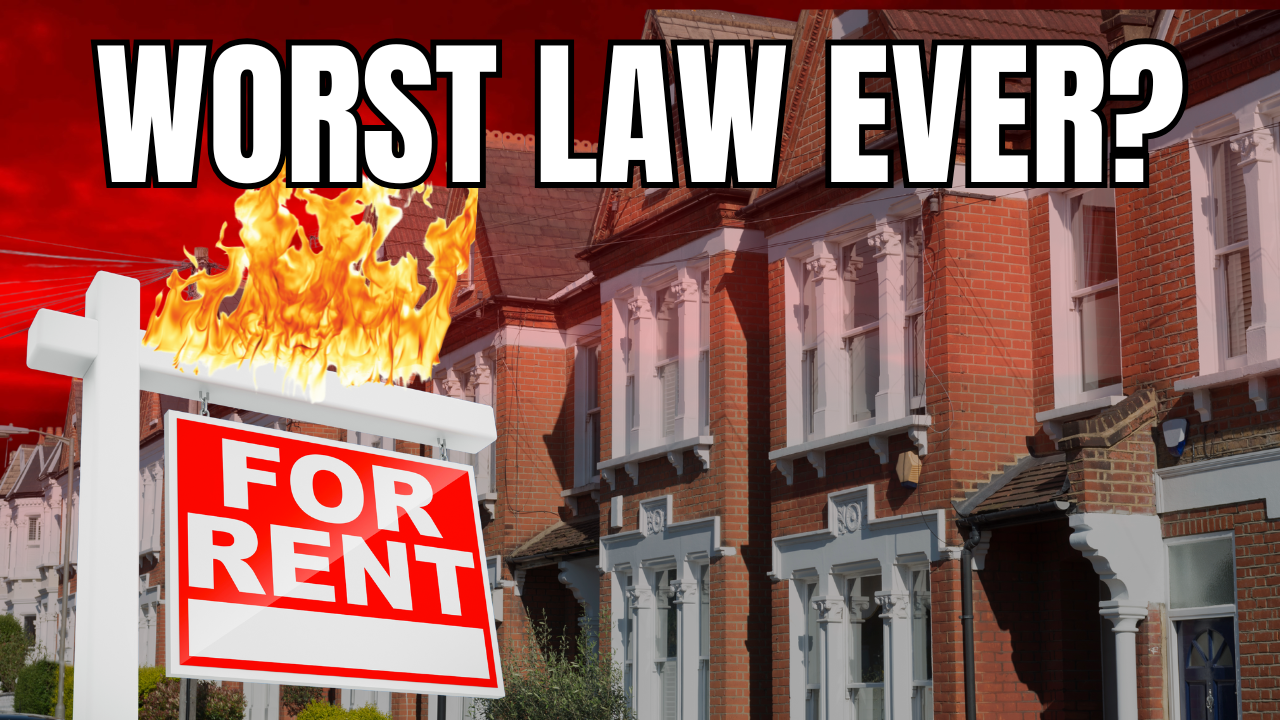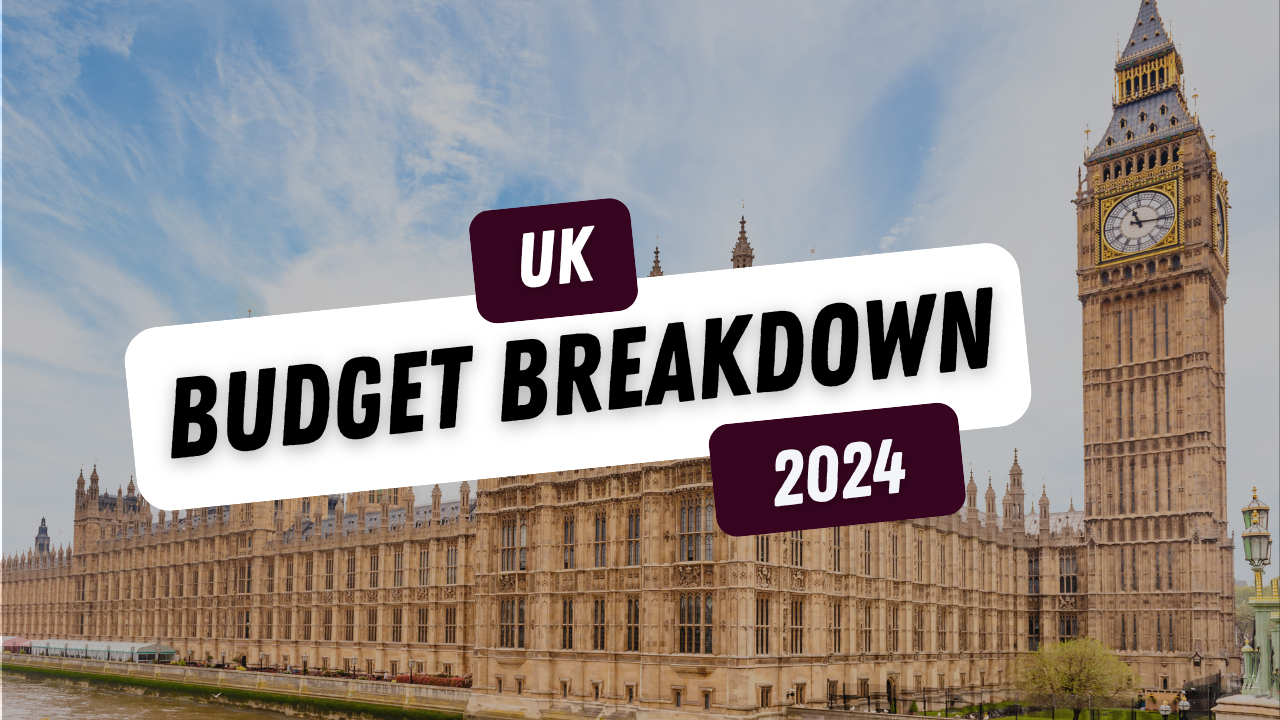
The UK's Renters' Rights Bill has been hailed as a win for tenants, promising to improve conditions and balance power between landlords and renters. But beneath the headlines, this bill could actually make things much worse for the very people it claims to protect.
Let's break down why the Renters' Rights Bill might do more harm than good for tenants and what this could mean for the future of renting in the UK.
The Myth of the 'Greedy Landlord'
When you hear "landlord," you might picture someone living in a mansion, with luxury cars and a pony in the garden. But the reality is very different.
Over half of UK landlords own just one property. They're teachers, nurses, and retirees—regular people who bought a rental property to supplement their pensions. And for the last 15 years, these landlords have faced an avalanche of new regulations, taxes, and compliance costs.
Why Landlords Are Leaving the Market
Landlords have faced:
• Article 4 restrictions and Section 24 tax changes
• Ever-increasing compliance costs and minimum energy efficiency standards
• Legislation like the Deregulation Act and Tenant Fees Act
• Mortgage rates that have tripled in just five years
While some of these regulations have improved safety standards (like smoke and carbon monoxide regulations), the endless stream of red tape has pushed many landlords to sell up and leave the rental market altogether.
The Rise of Corporate Landlords
The government isn't just standing by. They're openly encouraging large institutional investors to take over, with build-to-rent schemes led by companies like Lloyds Bank.
But what does this mean for renters?
• No more local landlords who live nearby and know your name
• Corporate landlords hundreds of miles away, managing properties by spreadsheet
• Strict rent policies driven by shareholder profits and quarterly targets
• Longer repair wait times—maintenance requests go through call centers, not local tradesmen
Flexibility? Forget about it. These large companies are laser-focused on driving rents higher and protecting their bottom line.
The Hidden Impact on Housing Supply
Here's the real kicker: yes, some landlords selling means more homes for first-time buyers, which is a good thing. But what about HMOs?
When a landlord sells a six-bedroom HMO (House in Multiple Occupation), those six rooms vanish from the rental market. That's five fewer rental spaces—at a time when demand is skyrocketing.
Fewer landlords means fewer rental options, higher rents, and a shrinking supply of affordable housing.
Advanced Rent Payments: Banned by the Bill
One of the most baffling proposals? The ban on advanced rent payments.
Advanced rent is often the only way tenants can secure a property—especially:
• International students with no UK credit history
• UK students paying in line with loan dates
• Tenants with poor credit
• Freelancers or those between jobs
Banning advanced rent payments doesn't protect these tenants. It locks them out of the market altogether.
The Airbnb Effect
With so many new rules and harsh penalties, many landlords are saying, "Why bother with long-term tenants? I'll just rent my place on Airbnb instead."
It's easy to see why:
• Fewer rules
• Higher income
• No eviction headaches
A weekend guest is far easier to manage than a 12-month tenant—meaning even fewer long-term rentals available for those who need them most.
What This Really Means for Tenants
The Renters' Rights Bill might sound good on paper, but in the real world, it could lead to:
• Fewer homes for rent
• Tougher screening by landlords
• Higher rents
• Less flexibility and more evictions
In the end, tenants could be the ones paying the highest price.
Final Thoughts: Is the Renters' Rights Bill the Solution?
The big question is: is the Renters' Rights Bill really the fix we need, or is it another disaster in the making?
As a landlord and property professional, I'm worried it's the latter. Fewer rental homes, higher rents, and a shrinking supply of affordable housing are the real threats to tenants in 2025.
What do you think? Is this bill the solution or another policy that will backfire? Let me know in the comments below.
If you found this post helpful, please share it with someone who's affected by the Renters' Rights Bill or thinking about renting or investing in the UK.















